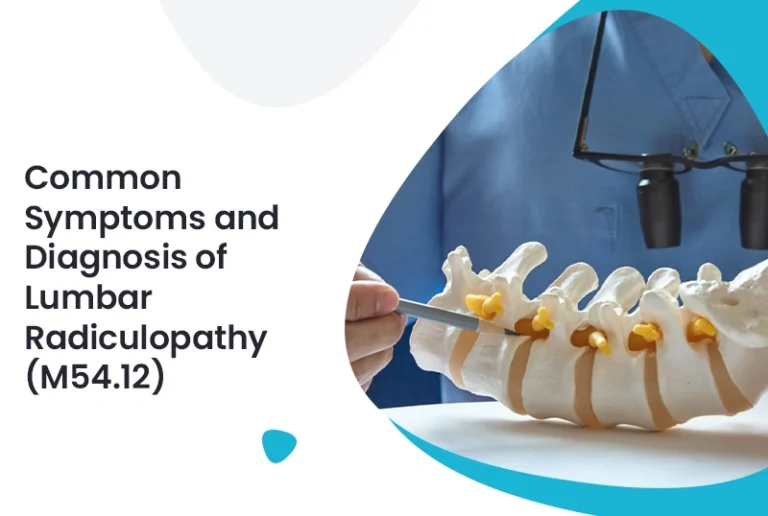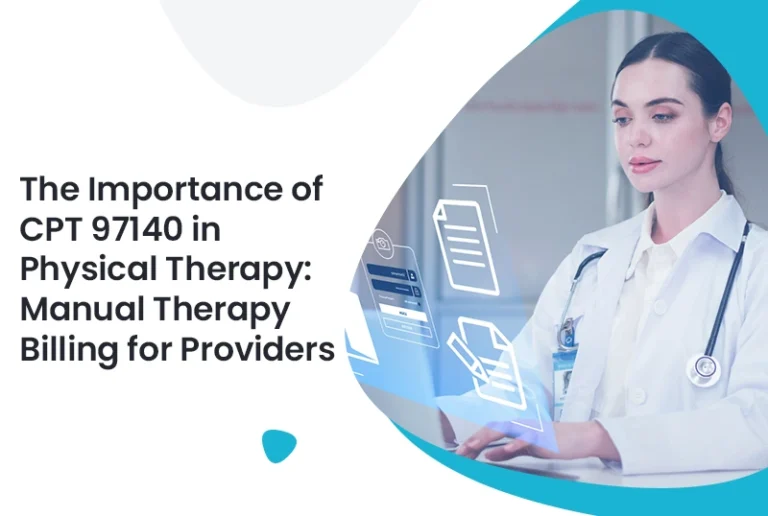Benign Prostatic Hyperplasia (BPH), classified under N40 in the ICD-10, is a common condition affecting men, especially those over 50. As the prostate enlarges, it can press against the urethra and cause urinary problems. Addressing BPH early is crucial to prevent complications like urinary retention or kidney damage. For healthcare providers, using an accurate medical billing service ensures that the correct diagnosis code (N40) is assigned, streamlining the billing process and reducing the risk of claim denials.
What Is Benign Prostatic Hyperplasia (BPH)?
Benign Prostatic Hyperplasia, or N40, refers to the non-cancerous enlargement of the prostate gland, which can obstruct the urinary flow. As men age, the prostate naturally grows larger, but for some, this leads to bothersome symptoms.
Early Symptoms of BPH
- Frequent urination, especially at night (nocturia)
- Difficulty starting or stopping urination
- Weak urine stream or dribbling
- Urgent need to urinate
- Feeling of incomplete bladder emptying
BPH is not cancerous, but it can significantly affect the quality of life if left untreated. Early diagnosis and intervention are essential to avoid complications such as bladder stones, kidney damage, or urinary tract infections.
Causes of Benign Prostatic Hyperplasia (N40)
The exact cause of Benign Prostatic Hyperplasia (N40) is not fully understood, but several factors contribute to its development:
- Aging: As men age, hormone levels, particularly testosterone and estrogen, change, leading to prostate growth.
- Family History: Men with a family history of BPH may be at higher risk.
- Obesity and Poor Diet: Certain lifestyle factors, including obesity, may increase the risk of developing BPH.
- Diabetes and Heart Disease: These health conditions may also contribute to prostate enlargement.
Although N40 is most common in older men, it is not inevitable. Early treatment can help manage symptoms and prevent further complications.
Effective Treatments for Benign Prostatic Hyperplasia
Several treatment options are available for men diagnosed with Benign Prostatic Hyperplasia (N40). The choice of treatment depends on the severity of symptoms, the size of the prostate, and the patient’s overall health.
1. Medications
- Alpha-blockers: These medications relax the muscles of the prostate and bladder neck to improve urine flow.
- 5-alpha reductase inhibitors: These drugs shrink the prostate by blocking the hormone responsible for prostate growth.
2. Minimally Invasive Procedures
- Transurethral microwave therapy (TUMT): Uses microwave energy to shrink the prostate.
- Transurethral needle ablation (TUNA): A procedure where a needle delivers heat to shrink the prostate.
3. Surgery
- Transurethral resection of the prostate (TURP): The most common surgical procedure for BPH, which removes part of the prostate to relieve pressure on the urethra.
While treatments vary, it’s crucial to work closely with a healthcare provider to find the most suitable option for each patient.
Credentialing Services for Prostate Care Providers
When diagnosing and treating N40 (Benign Prostatic Hyperplasia), healthcare providers must be properly credentialed. Credentialing services play a vital role in ensuring that physicians have the necessary qualifications and certifications to provide the highest quality care for BPH patients. Credentialing verifies that healthcare providers meet industry standards, helping practices maintain compliance, build trust with patients, and get reimbursed for services rendered.
- Verification of qualifications and experience ensures that the physician is competent to treat BPH.
- Faster insurance processing can reduce delays and denials during billing.
- Trust and credibility with patients grow when they know their healthcare provider is properly credentialed.
Optimizing Billing
Revenue cycle management (RCM) ensures that practices efficiently manage claims and reimbursements for conditions like N40 (benign prostatic hyperplasia). With proper RCM strategies in place, healthcare providers can streamline the entire billing process, from patient registration to payment posting.
Key Aspects of Effective RCM for BPH:
- Accurate coding for conditions like N40 ensures compliance with payer guidelines, reducing the chances of claim denials.
- Claims management ensures timely submission and follow-up, accelerating reimbursement.
- Denial management strategies help address any billing issues swiftly, recovering revenue that may otherwise be lost.
- Financial analytics can help providers track performance and make improvements for better financial outcomes.
By adopting a strong revenue cycle management strategy, healthcare providers can enhance their practice’s financial health while focusing on delivering the best care for patients with BPH.
Conclusion
Diagnosing and treating Benign Prostatic Hyperplasia (N40) requires a comprehensive approach, both clinically and administratively. Effective management of symptoms and treatment options is critical for improving the quality of life for patients. Meanwhile, utilizing credentialing services ensures that your practice operates efficiently, reduces billing issues, and maintains financial stability. By mastering these components, you can provide high-quality care while securing the financial health of your practice.
FAQs
1. What is N40 in the ICD-10?
N40 refers to Benign Prostatic Hyperplasia (BPH), a condition where the prostate gland enlarges, causing urinary issues in men.
2. What are the symptoms of BPH (N40)?
Symptoms include frequent urination, difficulty starting or stopping urination, weak urine flow, and a feeling of incomplete bladder emptying.
3. How is BPH treated?
Treatment options include medications, minimally invasive procedures, and surgery, depending on the severity of the condition.
4. How does credentialing affect BPH treatment?
Credentialing ensures that healthcare providers are properly qualified to diagnose and treat BPH, ensuring high-quality care and compliance.
5. How can revenue cycle management help with BPH billing?
RCM helps streamline claims processing, reduces denials, and ensures timely reimbursements for BPH-related treatments.







